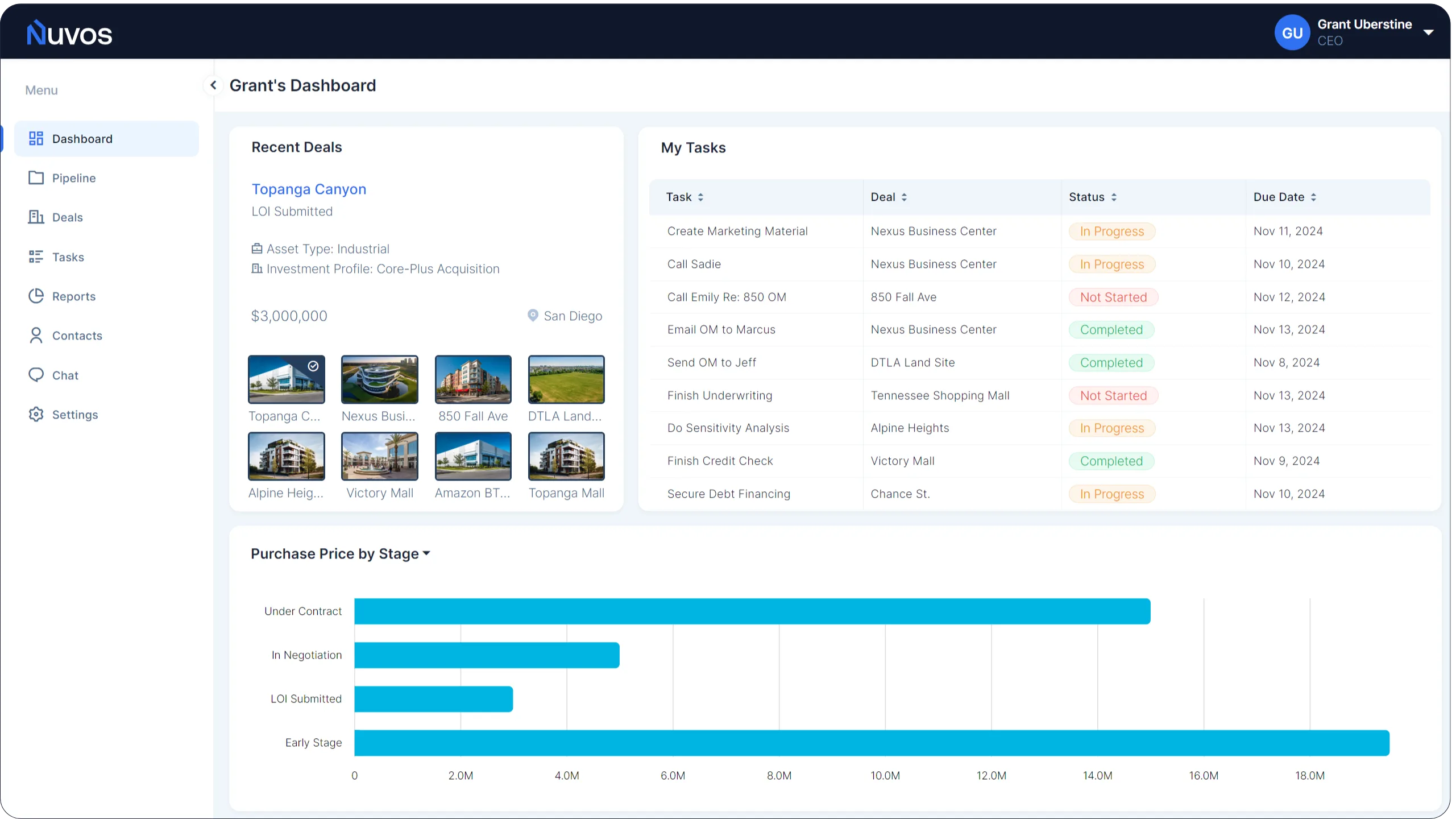- Tishman Speyer, which manages the iconic Rockefeller Center in Manhattan, is planning a $3.5B debt refinancing, a major test for investor interest in office towers.
- Led by Bank of America and Wells Fargo, the refi involves a CMBS loan, with hopes it will highlight the resilience of trophy office assets.
- Success could encourage similar efforts by other asset owners, such as Brookfield and Tishman Speyer’s Hudson Yards, but it doesn’t necessarily signal an all-clear.
According to the Financial Times, Rockefeller Center, one of New York City’s most iconic landmarks, is pursuing a $3.5B refinancing deal that will test investor appetites amid a shifting office market.
Deal Details
Bankers at Bank of America (BAC) and Wells Fargo (WFC) are leading the transaction, which involves a single-asset, single-borrower commercial mortgage-backed security (CMBS) for the Tishman Speyer-managed property.
The success of this refinancing effort will be closely watched as a bellwether for the midtown office market, especially in the context of a challenging commercial property environment.
With high office vacancy rates still being a concern post-pandemic, a successful refinancing could signal a potential turning point for high-quality assets.
Historical Context
Tishman Speyer, in partnership with the billionaire Crown family of Chicago, purchased Rockefeller Center in 2000. Since then, they have invested in enhancing the area to create a vibrant destination for visitors and workers.
The iconic complex boasts a high occupancy rate of 93%, with major tenants such as NBC Studios, Deloitte, and Lazard among others.
The refinancing effort is seen as a vote of confidence for marquee office properties, with hopes that it could pave the way for similar deals, such as those for the MetLife building and Brookfield’s Manhattan West.
Current Sentiment
Investors remain cautious, particularly regarding office assets that have faced declines in demand due to increased remote work.
However, properties with premium amenities and prime locations, like Rockefeller Center, still manage to command interest and maintain higher occupancy rates.
Tishman Speyer has made substantial investments in retail, restaurants, and public attractions at Rockefeller Center, which could contribute to its resilience.
Ongoing Challenges
Despite the positive signals, experts acknowledge that a successful refinancing will not solve the broader challenges facing the office market.
Vacancy rates across Manhattan have increased since the pandemic, with nearly 20% of office space available as of mid-2023.
Even if financing becomes more accessible for high-profile properties, less desirable office spaces may still struggle, potentially requiring redevelopment or conversions into residential uses.
What’s Next
A successful refinancing of Rockefeller Center could inspire renewed investor confidence in prime office real estate, prompting similar efforts across other significant properties.
However, the divide between premium, amenity-rich offices and outdated or less attractive properties remains pronounced. The results of this refinancing will offer insight into the evolving dynamics of the post-pandemic office sector, particularly for high-quality, amenitized urban assets.
As one real estate executive put it, “Rockefeller Center is in an incredible location and it is highly, highly amenitised. If you want to survive as an office in this market, you need to have a differentiated product.”

















